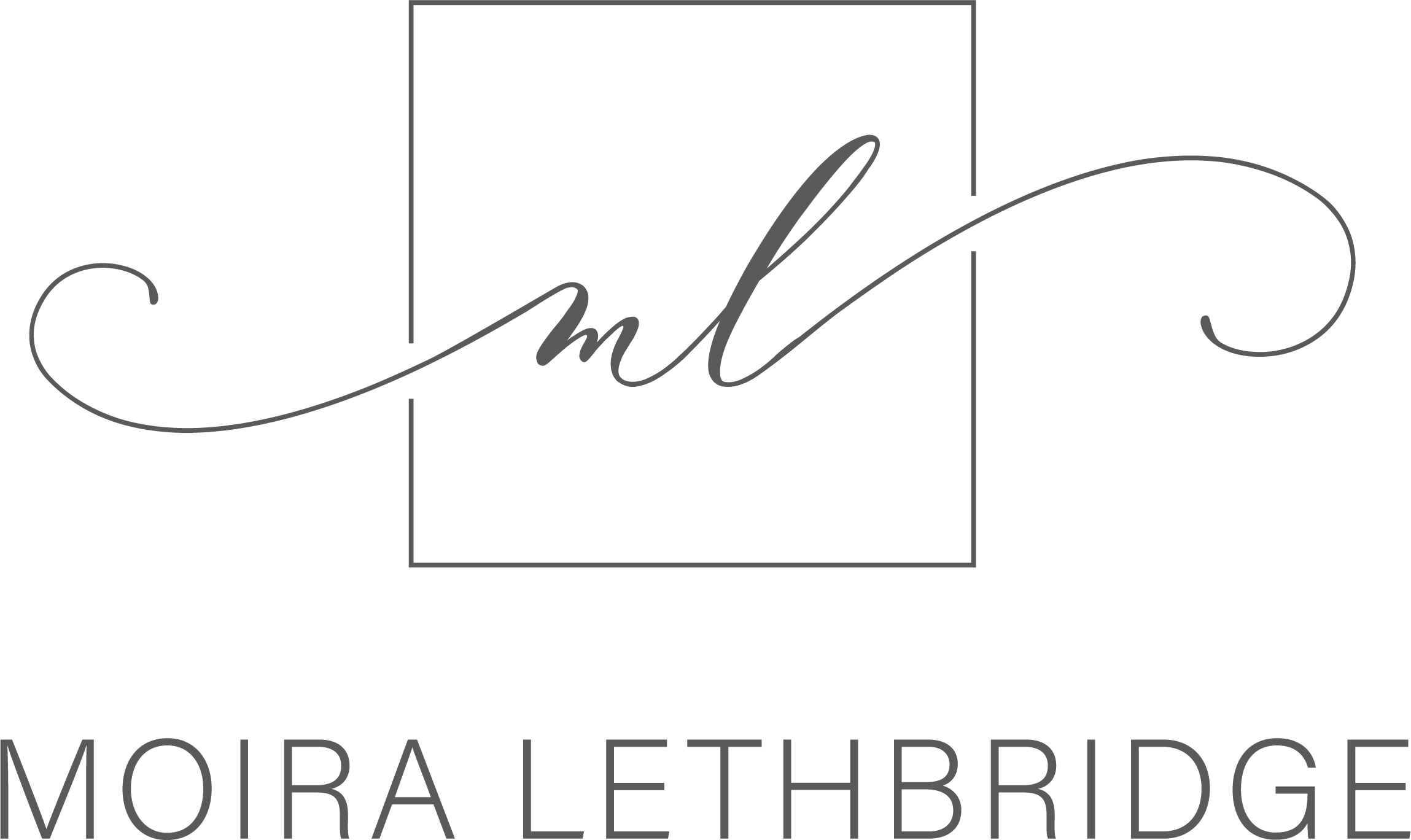Asking the right questions is a crucial skill for leaders who want to foster a culture of continual improvement personally and within their teams and organizations. Thoughtful feedback questions can be extremely effective to stimulate critical thinking, encourage open communication, and drive innovation. However, asking the wrong types of questions and to the wrong people is like going to the hardware store trying to buy a loaf of bread – you get nowhere. To effectively engage in continual growth by using feedback here are some things to consider:
- Be Curious and Open-Minded: Approach discussions with a genuine curiosity about your team’s experiences, insights, and perspectives. Avoid preconceived notions and be open to unexpected answers.
- Focus on Learning and Growth: Frame questions in a way that encourages learning and personal/professional growth. Emphasize the positive aspect of mistakes as learning opportunities.
- Ask Open-Ended Questions: Open-ended questions invite deeper reflection and conversation, rather than simple yes/no answers.
“Tell me more about the problem.”
“What were your assumptions when you started this project?”
“Can you help me understand that a little better?”
“What challenges does that process create?”
“What changed since we last talked?” - Encourage Self-Assessment: Help individuals and teams assess their own performance by asking questions that prompt self-reflection:
“What aspects of your work do you feel most proud of?”
“In what areas do you think you could have performed better?” - Explore Different Perspectives: Encourage a diversity of opinions and ideas by asking questions that prompt consideration of alternative viewpoints:
“How might someone from a different department approach this problem?”
“What potential obstacles do you see that we haven’t discussed yet?” - Link Questions to Goals: Align questions with your team’s goals and the organization’s mission. This reinforces the importance of improvement in achieving those objectives:
“How does this initiative align with our overall strategic objectives?”
“What improvements can we make to better support our customers?” - Promote Collaboration: Encourage collaboration and idea-sharing through questions that highlight the strengths of the team and how they can work together effectively:
“What unique skills do each of you bring to this project?”
“How can we leverage each other’s strengths to achieve better outcomes?” - Seek Specific Feedback: Target specific aspects of projects, processes, or interactions to gain actionable insights for improvement:
“What specific steps could we take to streamline our workflow?”
“What feedback do you have regarding our recent team meeting format?” - Use the “5 Whys” Technique: For root cause analysis, ask “why” repeatedly (usually five times) to uncover underlying issues:
“Why did the project miss its deadline?”
“Why was the scope not well-defined?”
“Why were the priorities not clear from the beginning?”
“Why was communication lacking?”
“Why were assumptions not addressed upfront?” - Acknowledge Efforts and Encourage Ideas: Create a safe environment by acknowledging efforts and welcoming ideas without fear of criticism:
“What steps did you take to overcome this challenge?”
“How do you think we can build upon this success in the future?” - Address Difference of Opinions: Create an environment where it is safe to disagree and where you offer your alternate opinion in a kind and respectful manner.
“From my perspective, it’s a little bit different. Let me explain…”
“I like your idea. Have you thought about…”
“I think you’ve answered a slightly different question. What I’d like to know is……….”

Remember that the goal is not just to ask questions, but to actively listen to the responses and act based on the insights gained. By consistently asking thoughtful questions, leaders can create a culture of continuous improvement that leads to better outcomes and increased engagement within the team.
In turn, receiving feedback as a leader is also extremely important to reveal blind spots, uncover growth opportunities, experience less fear and disappointment, and increase confidence. Associated with this article is a Guidebook developed by Lethbridge & Associates that outlines the 3 types of feedback questions most helpful for personal growth. Download a free copy of the 3 Types of Feedback Guide HERE.





